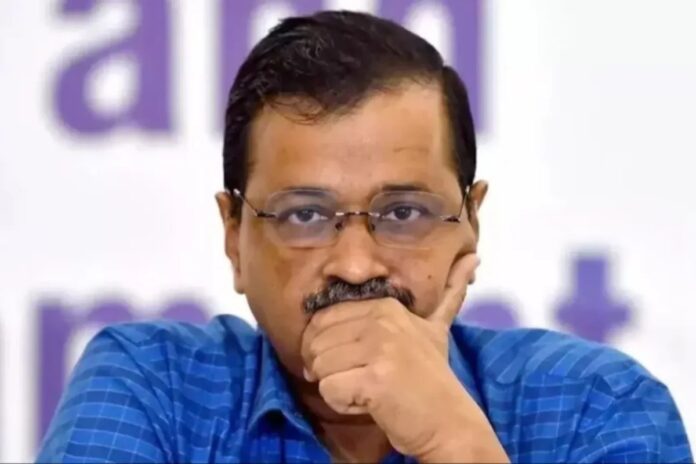Delhi Chief Minister Arvind Kejriwal finds himself embroiled in controversy as he has been remanded to judicial custody until April 15 by the Rouse Avenue court. This development follows his previous detention by the Enforcement Directorate (ED) in connection with a money-laundering case related to an alleged liquor excise policy scam.
The political atmosphere intensified as Delhi BJP president Virendraa Sachdeva seized the opportunity to mock Kejriwal, remarking that with his incarceration, the Chief Minister cannot claim innocence in the matter. Sachdeva further suggested that the purported liquor excise policy scam had adversely affected the youth of Delhi by fostering addiction, urging the public to closely observe those responsible for such alleged malfeasance.
The court’s decision came after the ED presented Kejriwal before it, marking the culmination of his custodial remand. This latest development follows a previous extension of his remand until April 1, underscoring the gravity of the accusations against him.
Kejriwal now finds himself confined to Tihar Jail, specifically lodged in Jail number 2, according to reports. His arrest has prompted protests from members and supporters of the Aam Aadmi Party (AAP), with opposition parties, particularly those aligned within the INDIA bloc, decrying what they perceive as governmental overreach and the misuse of investigative agencies like the ED and CBI to stifle dissenting voices.
As the political landscape continues to simmer with tension, Kejriwal’s predicament raises broader questions about the integrity of governance and the conduct of public officials, underscoring the need for transparency and accountability in the corridors of power.







